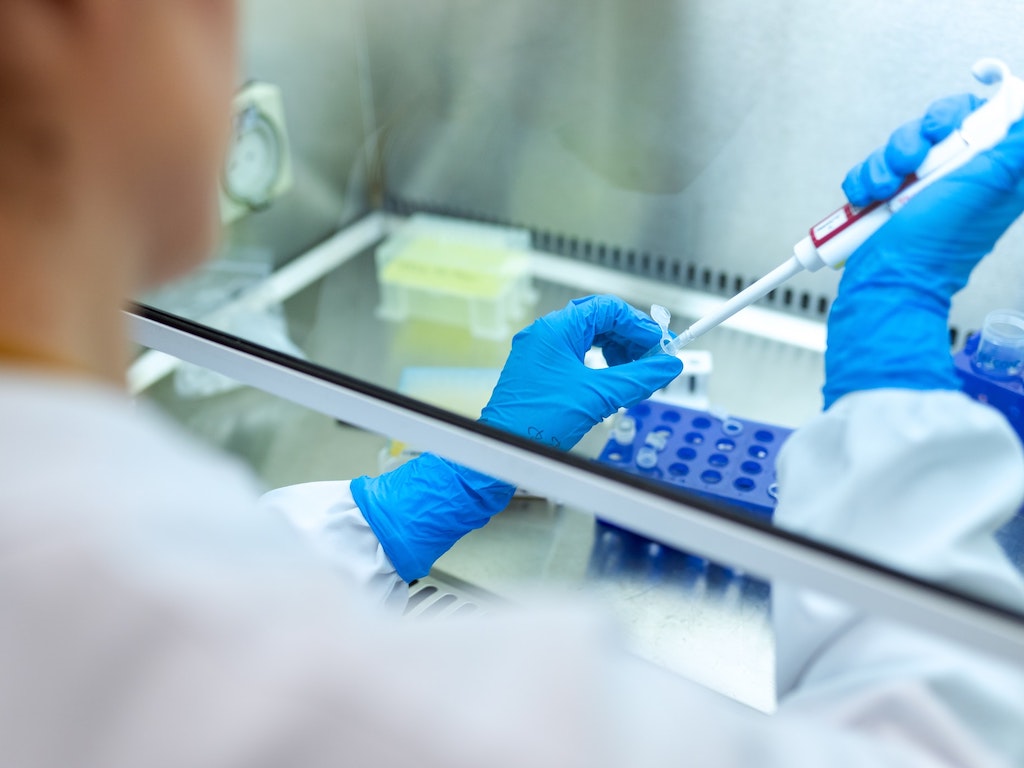3 Mins Read
Scientists have recently published their findings that a new five-minute urine test can help measure the health of an individual’s diet. It can also reveal each person’s unique urine “fingerprint”. The results represent a breakthrough for personalised health and nutrition, and will help empower individuals with in-depth information on whether their current diet is suited for their own biological composition.
Researchers at Imperial College London, Northwestern University, University of Illinois, and Murdoch University analysed 46 different metabolites in the urine of over 1,800 participants in the U.S. in a recent study published in the journal Nature Food.
Metabolites are understood as an indicator of diet quality, and are produced when different foods are digested by the body. The findings showed a correlation between 46 metabolites in urine and types of food or nutrients in the diet, such as fructose and vitamin C. Other metabolites, such as formate and sodium compounds, were associated with the intake of red meats, which are linked to negative health conditions such as high blood pressure.
“Through careful measurement of people’s diets and collection of their urine excreted over two 24-hour periods we were able to establish links between dietary inputs and urinary output of metabolites that may help improve understanding of how our diets affect health,” said Professor Paul Elliot, co-author of the study.
“Healthful diets have a different pattern of metabolites in the urine than those associated with worse health outcomes.”
The same researchers from Imperial College London then worked with scientists from Newcastle University, Aberystwyth University, and Murdoch University on a second study, also published in Nature Food. Using this knowledge of metabolites, the team developed a five-minute test to reveal how the mix of metabolites varies between individuals.
Experiments for the study involved participants following four different diets, ranging from very healthy in complete accordance to the World Health Organisation (WHO) guidelines, to unhealthy, which follows only one-quarter of the same guidelines. Those who strictly adhered to the WHO diet still showed varied DMS scores, indicating that the same diet can be healthier for some people than others and that people metabolise foods in different ways.
This personal urine “fingerprint” can then be used to produce a personal score for each individual, called the Dietary Metabotype Score (DMS). Researchers say that this simple test could provide people with healthy eating advice that is tailored to their personal biological make-up, known as “precision nutrition”.
“Our technology can provide crucial insights into how foods are processed by individuals in different ways – and can help health professionals such as dieticians provide dietary advice tailored to individual patients,” said Dr. Isabel Garcia-Perez, author of the paper.
Professor Gary Frost, who co-authored the study, added: “These findings bring a new and more in-depth understanding to how our bodies process and use food at the molecular level. The research brings into question whether we should rewrite food tables to incorporate these new metabolites that have biological effects in the body.”
Previous studies have confirmed that there is no “one-size-fits-all” approach when it comes to nutrition and diets, due to our varied gut microbiomes and differentiated responses to food. It has prompted the health and wellness industry to begin looking into tailored solutions to customise individual dietary choices for optimal well-being.
Hobose, for instance, is a new augmented reality app made by Chinese startup Coolhobo, that gives consumers traffic-light guidance when they point their phone camera to grocery store items, all based on data that individuals input into the platform, from nutritional needs to allergens. Major U.S. supermarket chain Kroger has also developed a similar program, where in-store nutritionists, accompanied by an app that tracks progress, can help individual customers fulfil their dietary recommendations from doctors.
Some firms have taken precision nutrition further, such as Japanese startup Open Meals, who have developed 3D-printed sushi injected with nutrients that diners need, based on each individual’s biometric and genomic data provided in a blood test prior to their visit.
Lead image courtesy of Unsplash.




